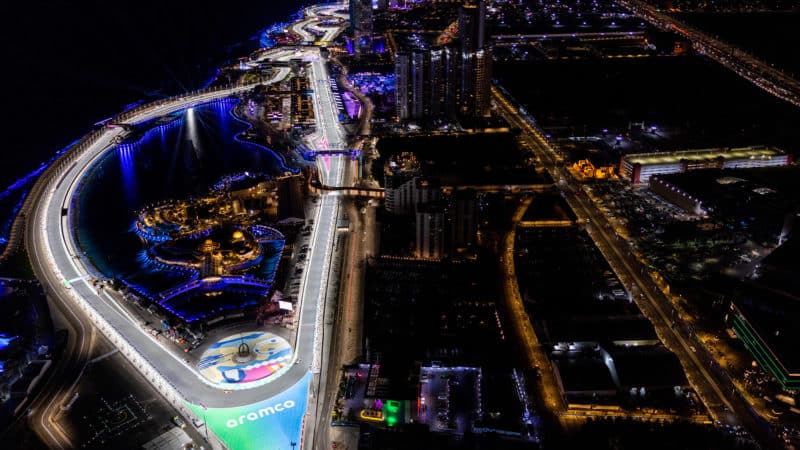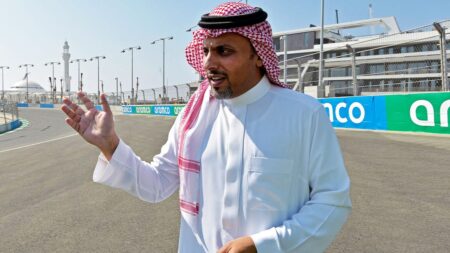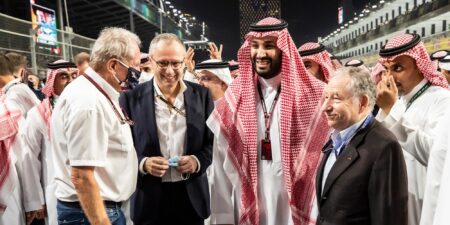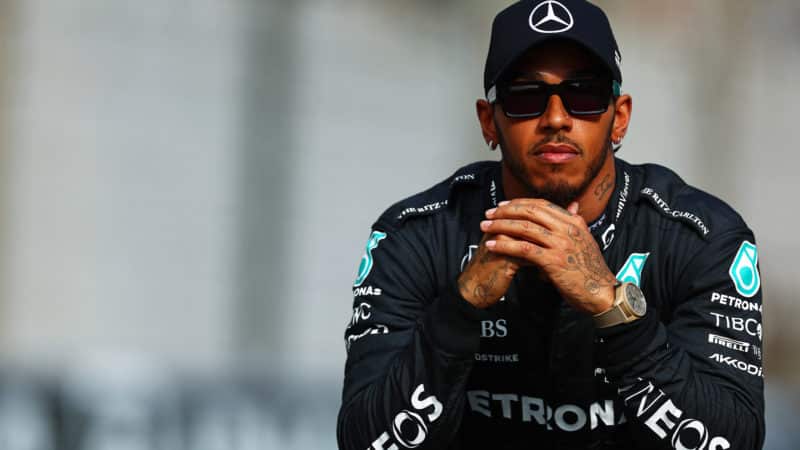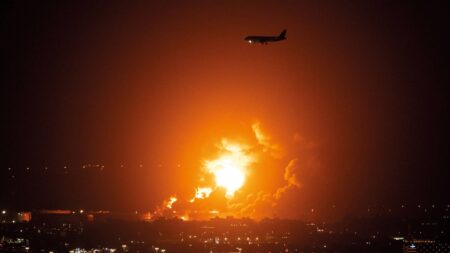As Prince Khalid Bin Sultan Al Faisal, president of the Saudi Automobile and Motorcycle Federation, who leads motor sport in the Kingdom told Motor Sport earlier this year, the aim is to have Saudi drivers racing for Saudi teams at the top level of motor sport, and to entice existing teams — including McLaren which is part-owned by the Saudi investment fund — to move their operations to the kingdom.
“We want to be a hub,” said Prince Khalid. “We want to play a bigger role than just hosting events.
“Why shouldn’t F1 go to any country? I mean for them it is to inspire the people, to show the people what they can do. They need to be in countries like Saudi Arabia to inspire – the drivers have a big influence.
“If we have different views about political things, religion things, cultural things…this shouldn’t stop people from going. Everybody should go, should speak his mind…”
And that’s where the bubble bursts.
A government official encouraging people to speak their mind would be news to the 81 people killed in a mass execution last year, some of whom were convicted of being involved in anti-government demonstrations.
Anyone criticising the king faces a similar fate, while protestors being evicted to build Saudi Araba’s mega city of Neom, have also been sentenced to death.
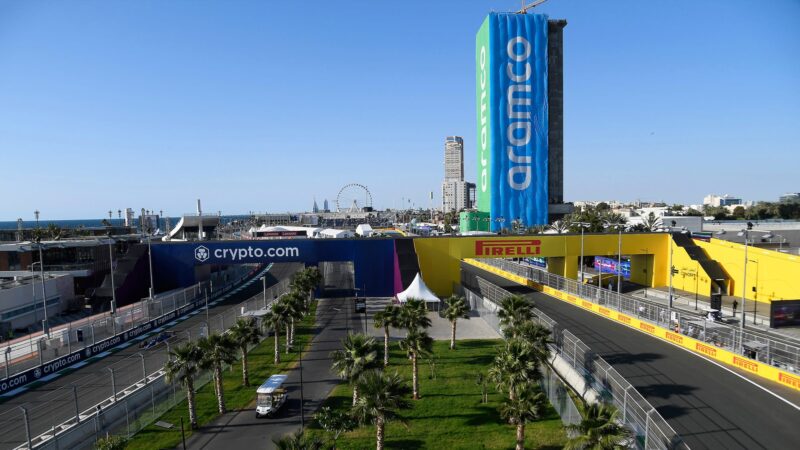
Saudi oil company Aramco spends millions on F1 title sponsorship deal
Grand Prix Photo
It doesn’t really matter how much support a country is giving motor racing when it’s executing people who disagree with its rulers. You would think that F1 would walk a mile from such a flagrant disregard for human rights.
Perhaps the reason it doesn’t lies in the many millions of dollars that Aramco and other Saudi funds are funelling into the sport — as investigated in the current April 2023 issue of Motor Sport.
